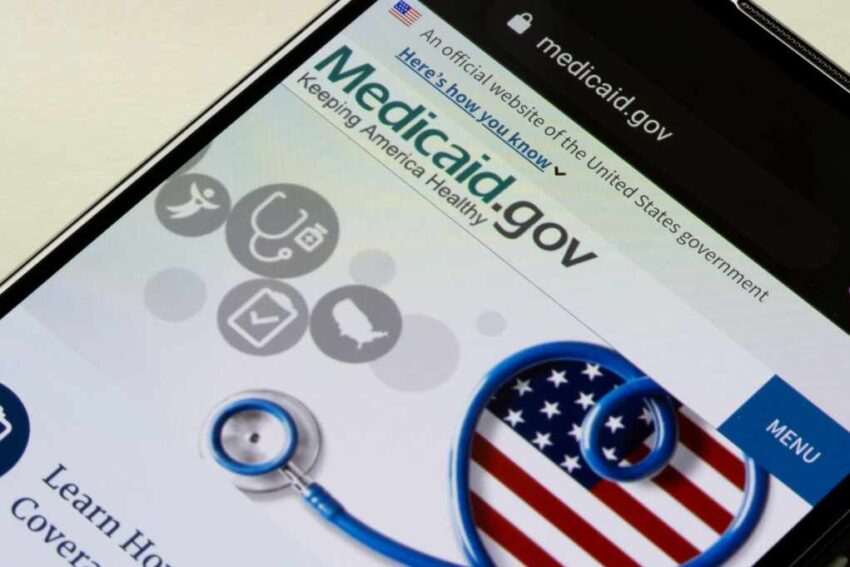Trump’s $1 trillion Medicaid cuts have plunged over 300 rural hospitals into financial peril, setting the stage for widespread closures and healthcare deserts across America.
At a Glance
- The 2025 GOP budget slashes Medicaid funding by over $1 trillion in the next decade.
- More than 300 rural hospitals are at immediate risk of closure due to lost revenue.
- A $50 billion relief fund is insufficient to offset Medicaid reimbursement losses.
- Communities face economic devastation as hospitals—often top employers—shutter.
- Up to 12 million Americans risk losing healthcare access in impacted regions.
Rural Hospitals on the Brink of Collapse
The “One Big Beautiful Bill” signed into law on July 4, 2025, is triggering a seismic health crisis in rural America. The legislation, lauded by Republicans for its massive tax cuts, carves over $1 trillion from Medicaid over ten years—gutting the primary revenue lifeline for small-town hospitals. Kiplinger detailed how rural hospitals stand to lose billions under the plan. Though the bill includes a $50 billion Rural Hospital Fund, analysts warn that it merely scratches the surface of a looming financial disaster, as reported by the Center for American Progress.
Nearly 300 facilities already face immediate threats of closure, especially in healthcare-scarce states like Nebraska, California, and Texas. In Curtis, Nebraska, a critical clinic has preemptively closed, blaming anticipated Medicaid shortfalls—a claim fiercely contested by residents. The Washington Post captured the community’s alarm as services vanish.
Watch a report: How proposed cuts to Medicaid could affect rural hospitals
Without sufficient funding, communities are morphing into medical deserts. In Cedarville, California, a lone hospital with a single ER bed teeters on bankruptcy, its CEO moonlighting as the town’s ambulance driver. The disappearance of rural healthcare isn’t just an inconvenience—it’s a death sentence for emergencies where every minute counts.
Economic Ruin Accompanies Medical Deserts
The economic toll rivals the healthcare disaster. Hospitals often serve as the largest employers in rural towns, meaning closures devastate local economies already on life support. The Rural Health Association warned that job losses will ripple through communities, forcing families to relocate and deepening the crisis in struggling regions.
Meanwhile, political backlash mounts. Democrats are using the crisis as a rallying cry ahead of the 2026 midterms, accusing Republicans of sacrificing rural health for tax breaks, according to AP News. Even within GOP ranks, dissent brews. Senator Thom Tillis of North Carolina opposed the bill, citing the collapse of Martin General Hospital despite prior Medicaid expansions. AP News reported his break from party ranks as a direct response to the unfolding rural collapse.
Estimates suggest up to 12 million Americans may lose access to essential care if closures proceed unchecked. As hospitals disappear, so does the safety net—pushing fragile communities closer to collapse both medically and economically.
Will Washington Reverse Course?
The question haunting policymakers is whether the damage can be undone. Advocacy groups and healthcare coalitions are pressing for supplemental funding, yet Republican leadership remains focused on fiscal austerity and tax relief.
For rural Americans, the clock is ticking. Without intervention, the nation may soon witness the eradication of healthcare in its heartland—one shuttered hospital at a time.
Click this link for the original source of this article.
Author: Editor
This content is courtesy of, and owned and copyrighted by, https://deepstatetribunal.com and its author. This content is made available by use of the public RSS feed offered by the host site and is used for educational purposes only. If you are the author or represent the host site and would like this content removed now and in the future, please contact USSANews.com using the email address in the Contact page found in the website menu.








